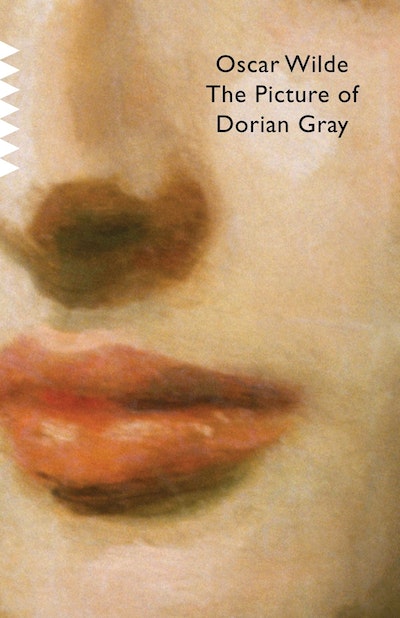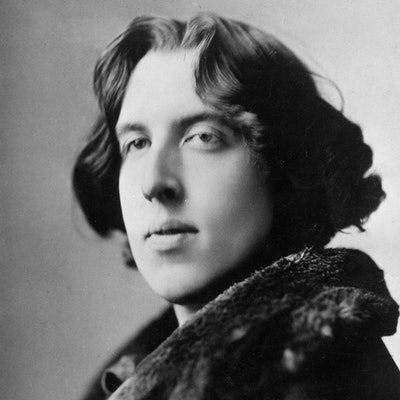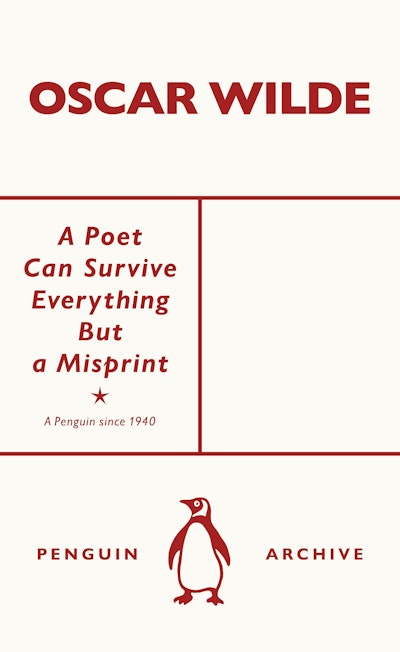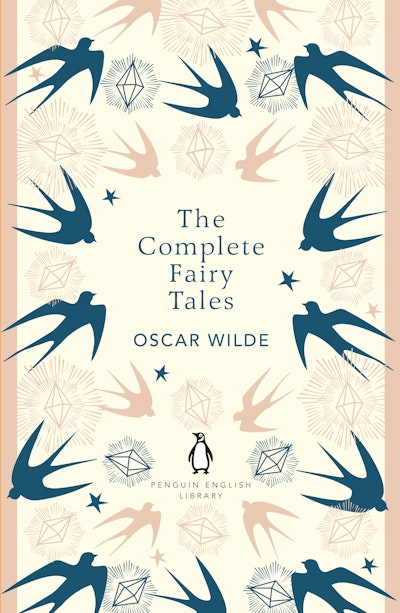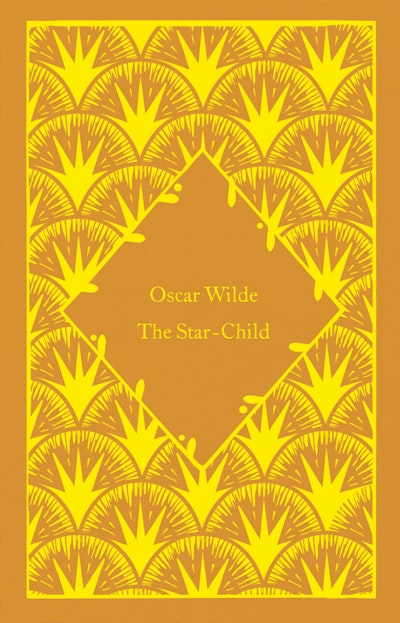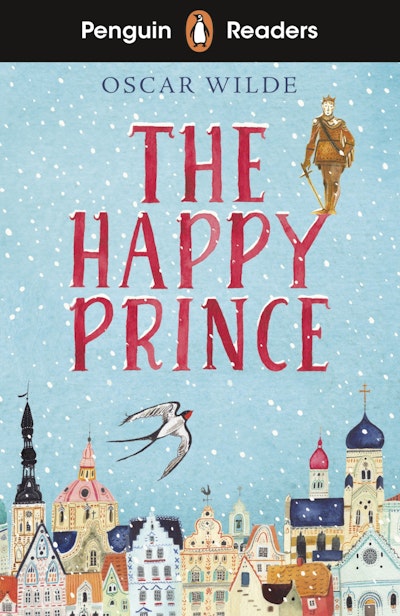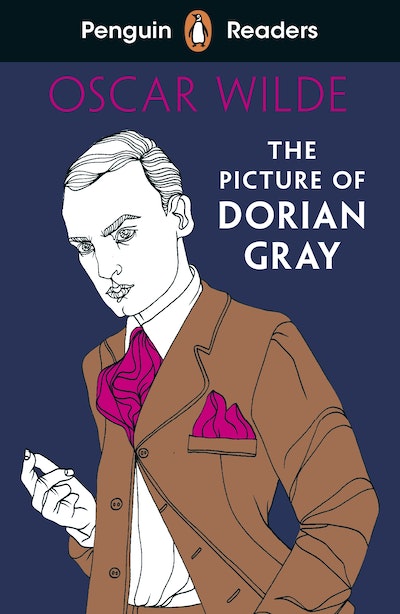[]
Play sample
- Published: 15 September 2011
- ISBN: 9780307743527
- Imprint: Knopf US
- Format: Paperback
- Pages: 208
- RRP: $19.99
The Picture of Dorian Gray
Formats & editions
Buy from…
- Published: 15 September 2011
- ISBN: 9780307743527
- Imprint: Knopf US
- Format: Paperback
- Pages: 208
- RRP: $19.99
